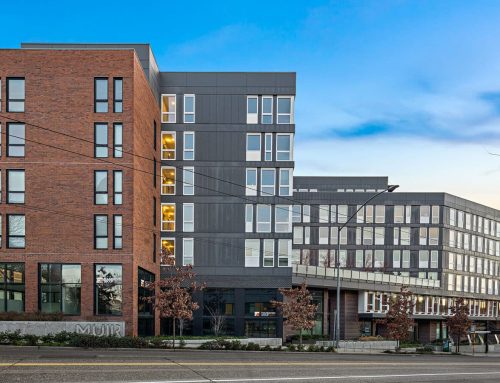With the thrill that comes with an accepted offer and a “yes” from the lender, many homebuyers make the mistake of taking their enthusiasm straight to the mall or appliance store. There are still a few major hurdles to jump over before the keys are handed over. Here are four things to avoid during the home buying process to assure your transaction goes smoothly.
Don’t throw your money around.
You may be itching to turn your new living room into a showplace, or celebrate your new castle, but keep away from big purchases like furniture, cars, appliances, or vacations until closing. Using credit cards to buy furniture could jeopardize your lending process by distorting your numbers. It’s even a bad idea to make those big purchases using cash. Lenders are looking at your cash reserve when considering your loan.
Don’t look for a new career.
Consistency in your work history is a positive thing to lending institutions. Getting a new job before you apply for a mortgage loan may not compromise your approval at all. However, switching careers in the middle of your approval process might affect whether or not you are approved.
Don’t move money around or switch banks.
Your lending institution will instruct the submission of recent bank statements of your accounts: checking, savings, money market, and other liquid assets. In order to avoid fraud, lenders require a consistent portrayal of how you earn your living and where any additional money comes from. Even for practical purposes, moving around money or changing banks might make it more difficult for the lender to document your bank history.
Don’t give cash directly to your seller (usually in cases of “for sale by owner”) to be considered a “good faith” deposit.
Until the completion of the deal, the good faith deposit remains yours. Your seller may not know that this earnest money is to be used for your expenses at closing. You’ll want to put the funds into a trust account, or get a neutral party, like a lawyer to hold them until the closing of the sale. The purchase agreement should indicate who keeps the deposit if the home purchase falls through.



